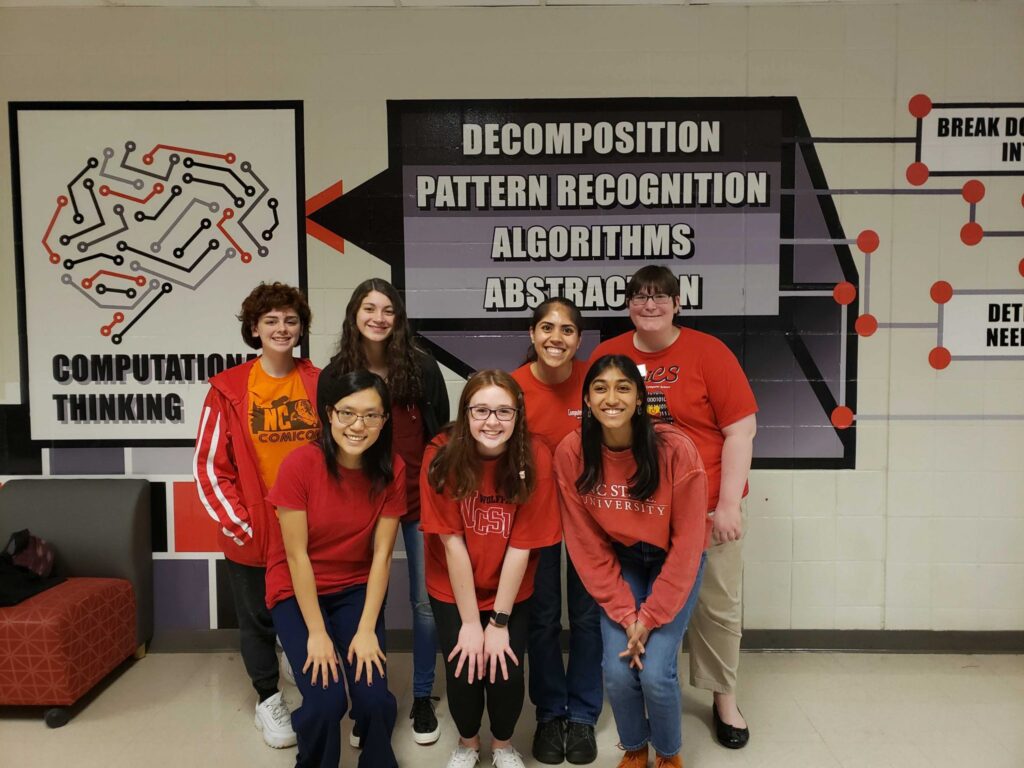For Families

Benefits to Students
- Unique Digital Sciences Learning: Students learn core class content while simultaneously increasing their skills in programming, computational thinking and computer science. These activities allow students to work together on challenging, engaging tasks through which they can meet essential technology and content area standards.
- Accessing Course Content: In-class activities often combine “unplugged” and “plugged” segments where students work with concepts in a variety of ways before incorporating technology. In unplugged activities, students may read, answer questions or move around the room to act out scenarios. During plugged activities, students will work on an iPad or laptop to modify or create programming code. This variety ensures that different learning styles are addressed and that students are able to engage with course content on many different levels.
- Collaboration and Communication: An important part of both the unplugged and plugged lessons is the opportunity for collaboration that they provide. Through peer programming and partner interaction, students are able to work with each other and sharpen their communication skills as well as their technology skills as they move through the elements of coding and computational thinking.
- College and Career Models: Students have the opportunity to engage with CS professionals, and through these connections, they learn about college and career opportunities in computer science.
Click here to download our family handout.
For more information, contact:
Christine Sachs, MSEd
Magnet Coordinator
(919) 460-3504 x21508
csachs@wcpss.net
https://www.wcpss.net/reedycreekms